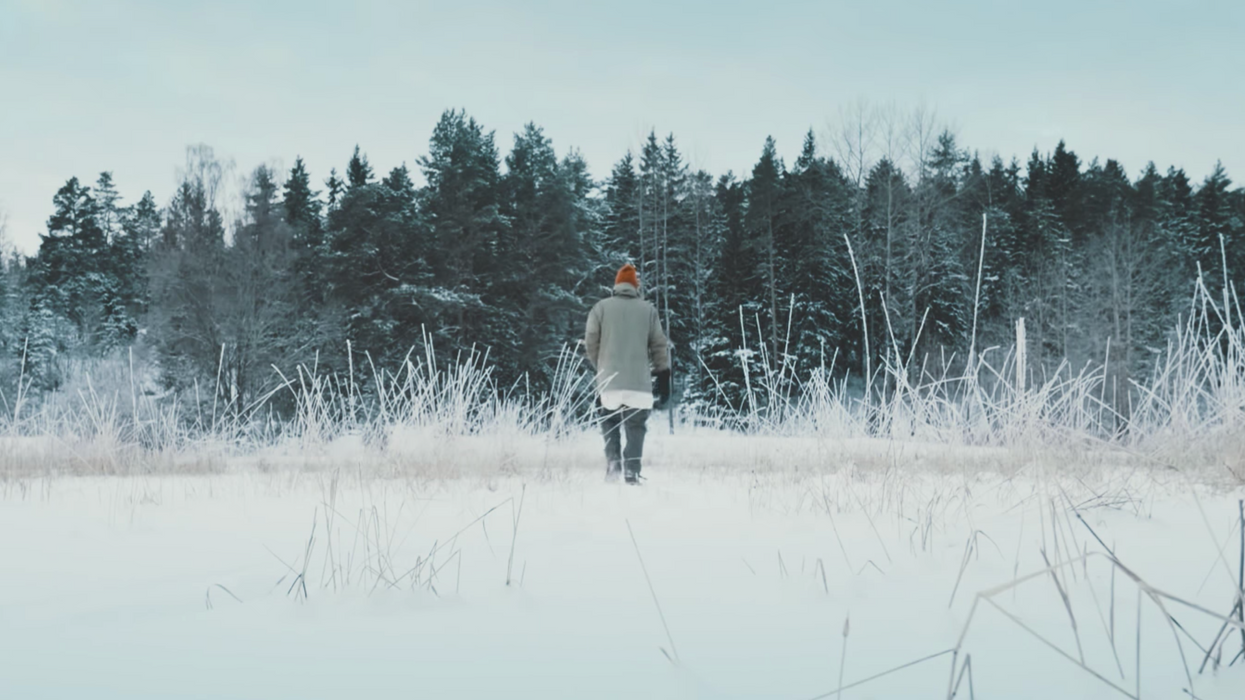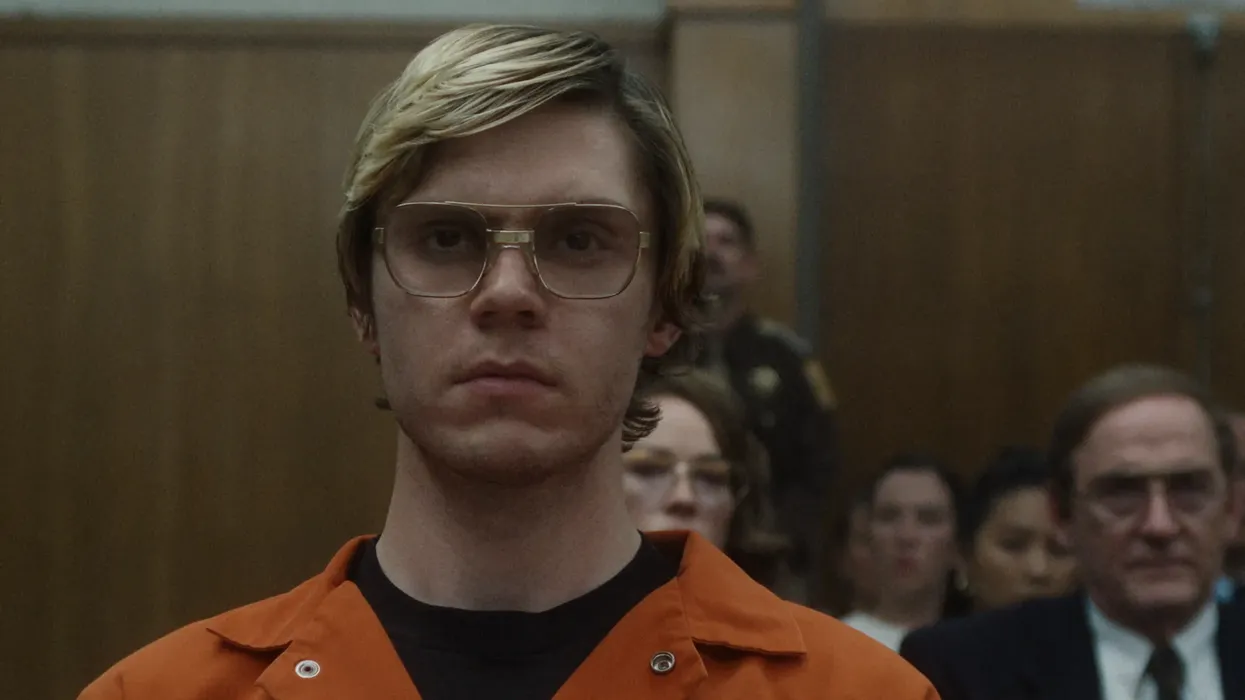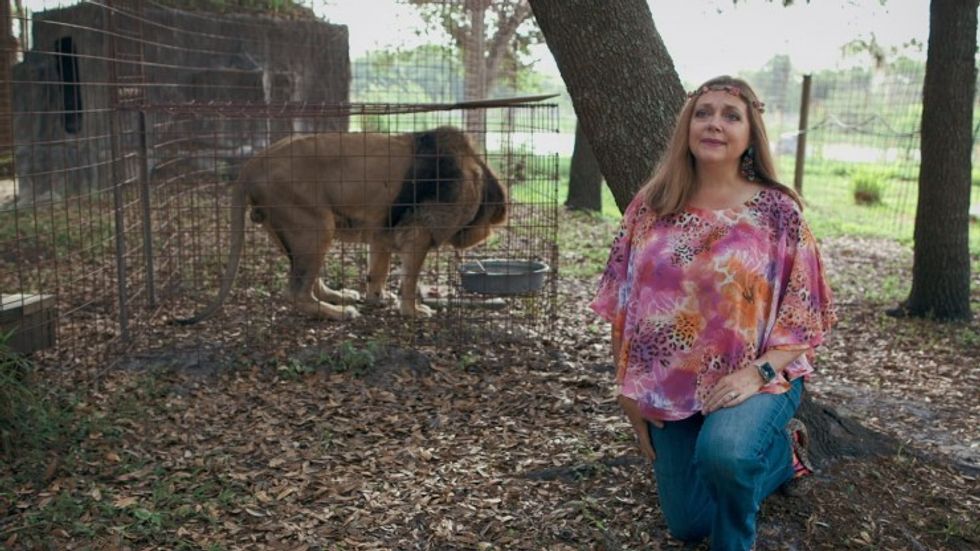5 Mistakes We All Make as Filmmakers (That We Can Easily Avoid)
We all make mistakes as creatives, but here's how to avoid making some of the more common ones.

Filmmaking is like diffusing a bomb. You're there holding a wad of wires in your paw, sweating bullets. Time is ticking away as you agonize over critical decisions: do you cut the red wire or the green wire, hire that actor or this one, invest in some cine glass or invest in top-notch lighting? One wrong move and *boom*, your production is toast.
Okay, maybe I'm being a little melodramatic (it is Valentine's Day after all), but it's true. There are so many mistakes that we can make that can mess up our film projects and despite our level of experience, we tend to make them—repeatedly—even when we know better. So, what are they? What are some of the most common, yet most damaging mistakes we can make as filmmakers? Here's a video by Creative North that shares a handful of them.
Waiting for Luck
We've all heard the axiom, "It's not what you know, it's who you know." While this is kind of true and kind of depressing, it's also kind of—untrue. I mean, yeah, you can't just stroll onto the lot of one of the Big 5 studios and be given a job, but just accepting this adage like it's the one divine truth of filmmaking is not only shortsighted, it's deadly—to your creative spirit, I mean. If you're sitting there waiting for people to make important connections with and waiting to meet VIPs so they can take your career to the next level, you're not only gambling with your future against really shitty odds but you're not taking the lead in your own destiny. If there is no way, make a way.
Not Finding a Strong Story
Story is everything and we all know that story is everything but so many of us disregard that and make films that, you can tell, have had very little thought put into storytelling. Okay, sometimes it's not our fault. We know it's important but we don't really know what we're doing, so we write some crappy, derivative monstrosity and hope to glorp that audiences will dig it.
How do you change that? Well, I'd say:
- Let go of your ego: If your response to other people not liking your story is that "they don't get it," you should probably check your ego.
- Be open to criticism: Find people that you trust to tell you the cold, honest truth and let them tear your script to shreds with constructive criticism.
- Write: Practice makes perfect. Don't stop just because you wrote a baker's dozen of bad scripts.
Not Spending Time on Research
Now, there are "bad scripts" and there are "bad scripts written in total ignorance." This is why it's important to do your research. If you're writing about something you know nothing about, like medical protocols or astrophysics, learn about it, become an expert, and then sit down and write. Your research may take months or years but I promise you it's worth it.
Settling for Bad Filmmaking
Simple filmmaking errors, like poor focus, bad composition, and noisy audio, are going to absolutely kill your production value and label you an amateur. Don't settle for subpar. Be a perfectionist. Take the time to learn the craft. This doesn't mean that you'll never make any mistakes, it just means that you'll be able to recognize them when you do make them, learn from them, and avoid making them next time.
Getting Stuck in the System
You don't have to do what every other filmmaker is doing. You don't have to enter your project into film festivals. You don't have to fund your film through the same avenues as everyone else. Find out what works for you and your film and then blaze your own trail, because while other paths are well-trodden, they're also heavily populated. The one you create may be narrow, unfamiliar, and scary, but you may be one of the few who are on it, adventurer!
What are some other common mistakes filmmakers make? Let us know down in the comments.
Source: Creative North













